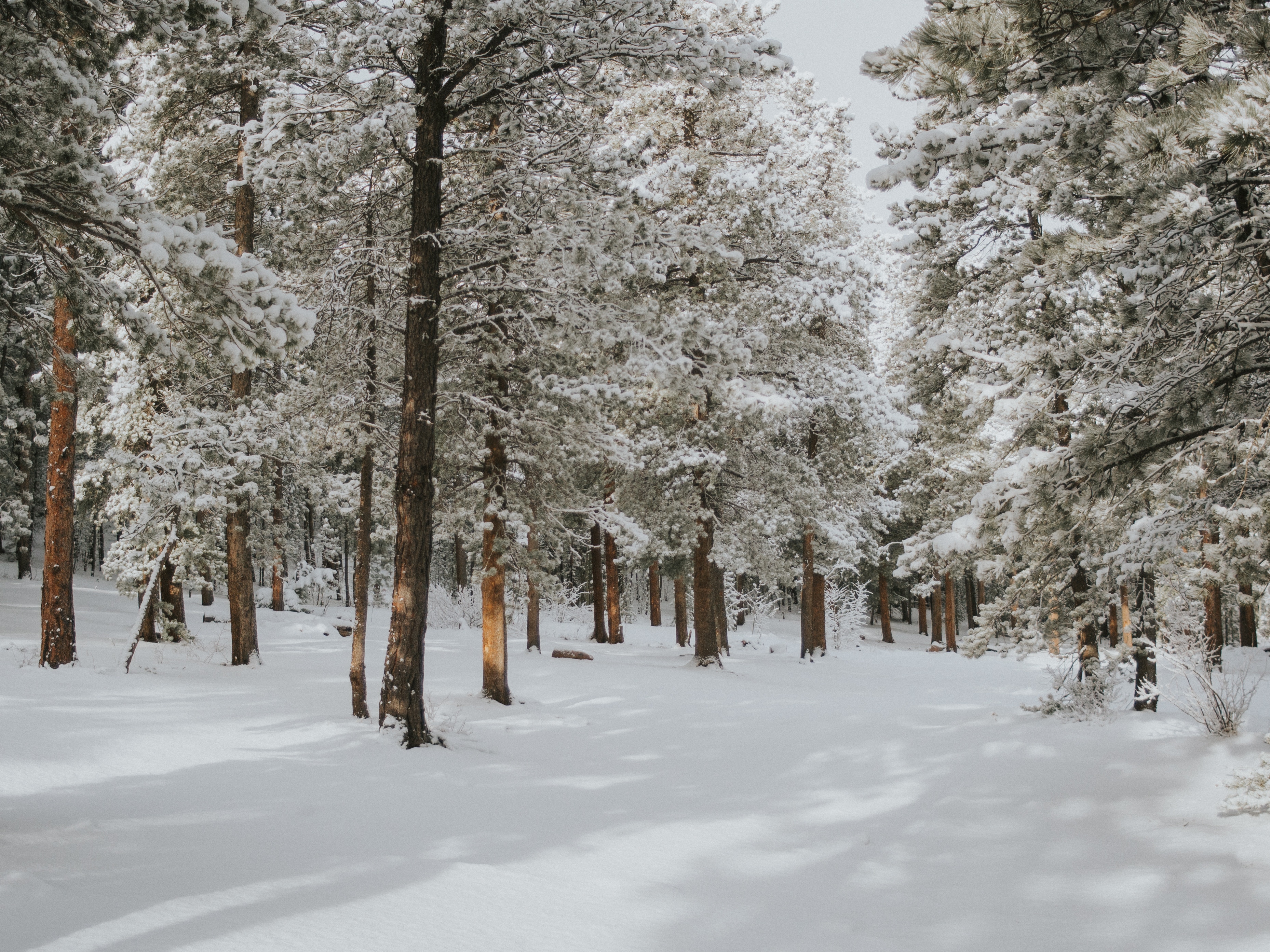As RVers, we are always prepared: for bad weather, for alterations to our travel plans, for treating first aid. During the high season for RVing, we are prepared with our warm weather gear, both for necessity and for fun. And now that the weather has turned, we take another look at our packing lists so that we and the RV can better handle the colder weather – or an emergency in cold weather. Some of the essentials include:
Tire chains. It’s not unusual in Michigan for a 48-hour period to include snow, sleet, snow, and sunshine. This can make roadways precarious, making tire chains a helpful tool to have on hand just in case (especially when the roads are snow and ice covered). Take a look at your tires for signs of wear or tear before you leave from your home base and from the campsite. Tire chains can help you get out of a sticky spot, giving you extra traction.
Weather band radio. Smartphones get all sorts of alerts these days, but it’s always good to have a backup – especially when traveling through remote parts of the state. A weather band radio will keep you aware of incoming severe weather by alerting you well ahead of time so that you can better prepare. Many of these radios are battery operated as well.
Extra blankets. Store them in space saving bags to conserve room, but you might just want them heaped up on your bed anyway! Keep extra blankets in your tow vehicle if you have a trailer as well. An electric blanket or heated mattress pad can go a long way in keeping you warm and toasty.
Extra gas. In cold weather, you’ll go through propane very quickly! So bring along an additional tank or two, or choose a site that’s close enough to a refill station. If you have a generator, bring along extra gas or propane for that, just in case. If you are choosing a generator, consider getting a gasoline powered one as gas is easier to acquire in tight spots.
Cash. You never know when you’re going to need it. An unexpected fee. An emergency. A gas station who went “off-line” thanks to a storm or other incident. Whether you need gas, some more food, or another flashlight, cash comes in handy.
If you’ll be using a space heater, be aware of the manufacturer’s instructions. Place it in a spot in the RV that isn’t near combustible materials or in a location where it could accidentally be kicked over. Your space heater should automatically shut off when tipped over, give yours a little nudge to see. If your heater doesn’t pass the test, consider replacing it before your next outing.
Also, consider your fresh water tanks. A burst tank or pipe from frozen water is about as bad as things can get. For cold weather camping, especially for short stays, it might be best to nix the fresh water tanks and drain them before. Bring along bottled water for washing hands and dishes instead. Keep the bay that holds your tanks warm, and insulate any water hookups with heat tape. Tank heaters can be another tool worth the investment for cold weather camping.

